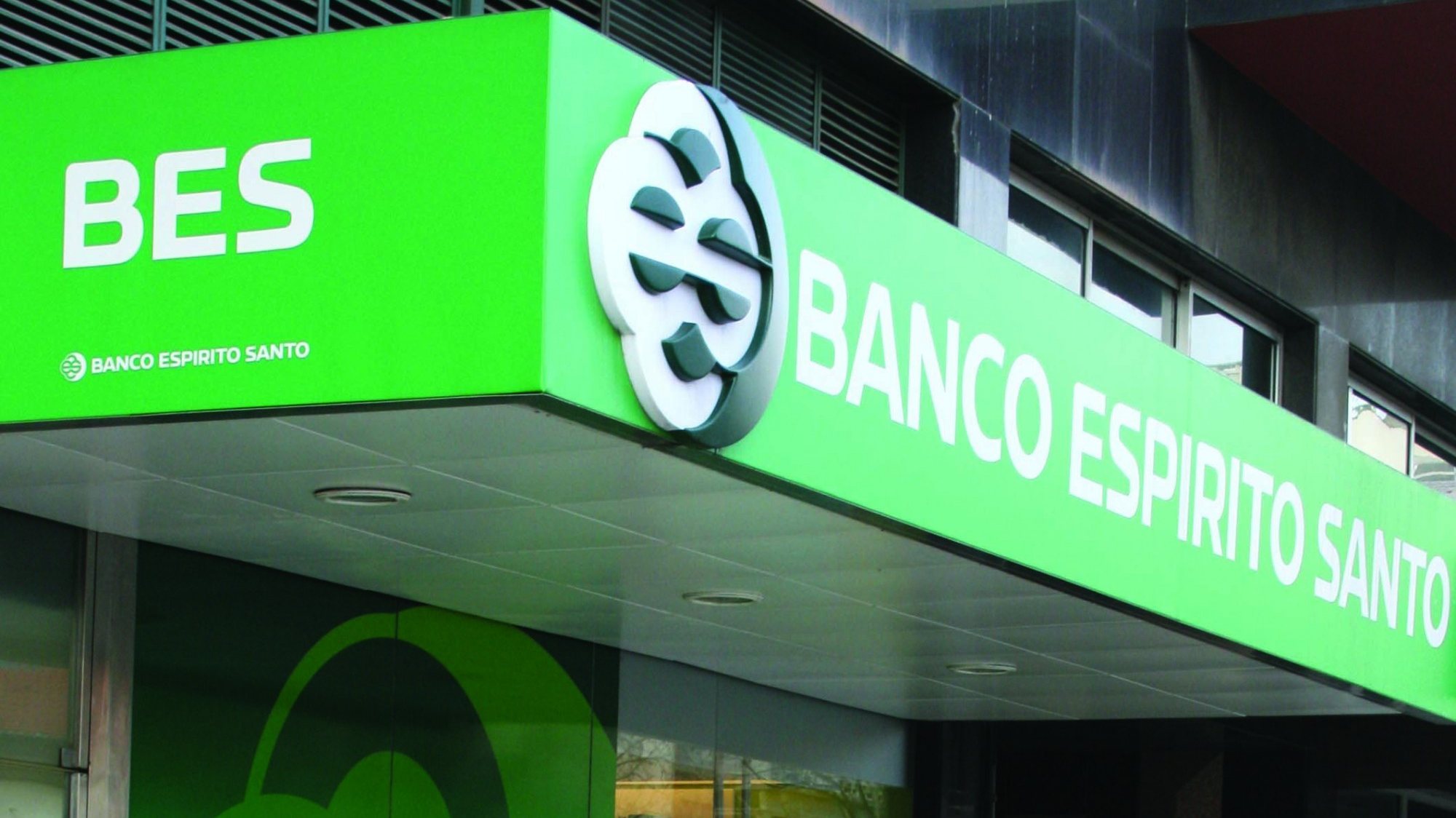The Supreme Administrative Court considered that the resolution of Banco Espírito Santo (BES), decided by the BES in 2014, was not illegal, since it did not violate the constitution, according to the sentence to which Lusa had access.
At stake are the resources of various companies, namely international investment funds, and the bankrupt mass of Espírito Santo Financial Group (was the parent company of BES) to the Supreme Court for finding illegal several decisions of the Bank of Portugal in the BES resolution, namely decisions that violate the Portuguese Constitution.
In the 224-page ruling dated March 9, to which Lusa had access, and which Jornal de Negócios already reported on Monday, the judges decide that the deliberations of the Bank of Portugal and the Government (which at the time modified the regime of credit institutions) fulfilled the lawwithout giving reason to those who appealed against previous court decisions.
The Supreme Court considers that there is no illegality in the Banco de Portugal’s decision to force BES to set up provisions for 2,000 million euros, which the ESFG considers involved losses of 3,500 million euros in the first half of 2014 and the bank to remain with capital ratios below what is required. For the Supreme Court, contrary to what the ESFG alleges, the resolution decision of the BES does not proceed from that of forcing the disposition.
As for considering that there is unconstitutionality in Government Decree Law 114-A/2014, which modified the Regime of Credit Institutions, since only Parliament can allow changes that imply the right to property, the Supreme Court considers that the changes introduced are not the exclusive competence of parliament and did not restrict the property right, not resulting in damage to it. Thus, the Supreme Court considers, it cannot “conclude that the norms of the decree-law are organically unconstitutional.”
Also rejected by the Supreme violations of the principles of equalityof the Right to private property and the free initiative private economic sector, based on the way in which the separation of assets was decided, which generated losses for those who owned bonds and subordinated shares.
The court recalls, in one of the arguments, that the property right does not imply the use of an asset as an absolute value, but rather it is combined with other rights and that there was no expropriation, but a resolution “due to the need to prevent the effects direct/indirect consequences deriving from imminent insolvency”.
It also says that, in the case of all shareholder losses, this “will not be a direct consequence of the resolution measure”, but rather “its actions/omissions that contribute to the risk situation” of bank failure.
The Supreme Court even considers, in the sentence, that the resolution measure was “the only means to stop a disorderly liquidation and the systemic risks of contagion”.
At the resolution, in August 2014, BES was the third largest bank in Portugal and the second largest private bank.
Source: Observadora
